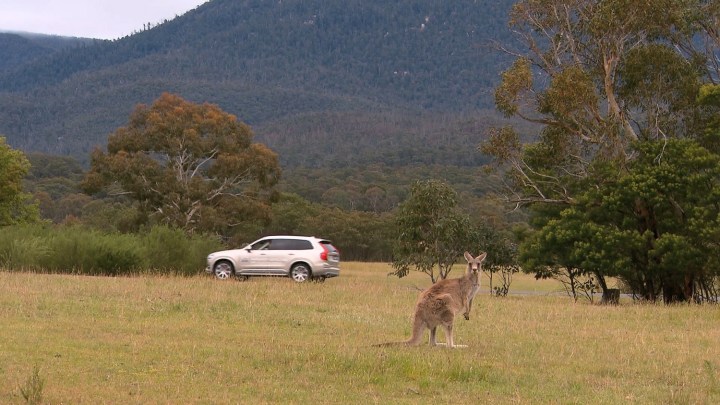
These questions and others are on the list of potential barriers to self-driving cars in Australia, and any other country where autonomous cars are headed. Driverless cars may soon be ready for the road, but the roads may not be ready for them without legislative attention.
Australia’s National Transport Commission released a document today titled, “Regulatory Options for Automated Vehicles.” The document is a discussion starter intended to help Australia begin to address a number of “barriers to increasing vehicle automation.” Law enforcement, liability, and insurance issues are in the forefront of the discussion.
“Australia’s laws need to be ready for the biggest change to our transport system since cars replaced horses,” said NTC Chief Executive and Commissioner Paul Retter in a related statement. “Amending these laws shouldn’t be hard, but making sure the new laws are nationally consistent and encourage innovation while ensuring the safety of all road users will be important.”
Some of the questions up for discussion include the following:
- How can governments enable on-road trials of automated vehicles nationally?
- How can governments help clarify who is controlling a vehicle when the human driver is not driving? Or when control can alternate between a human and an automated driving system?
- How should the requirement that a driver must have proper control of a vehicle be interpreted by police when there is no human driver?
The discussion paper released today addresses concerns raised earlier this year by the NTC and 32 stakeholders. The NTC is asking for responses and suggestions by this July so the commission will have time to analyze them and make recommendations in November. It’s likely, and certainly hoped, that similar discussions and legislative preparations are being held worldwide.
Editors' Recommendations
- Cruise woes prompt production halt of fully driverless van
- Cruise autonomous vehicle drives over woman just after she was hit by another car
- Waymo taps the brakes on its autonomous-trucking project
- Apple’s rumored car could cost the same as a Tesla Model S
- Ford and VW close down Argo AI autonomous car unit




